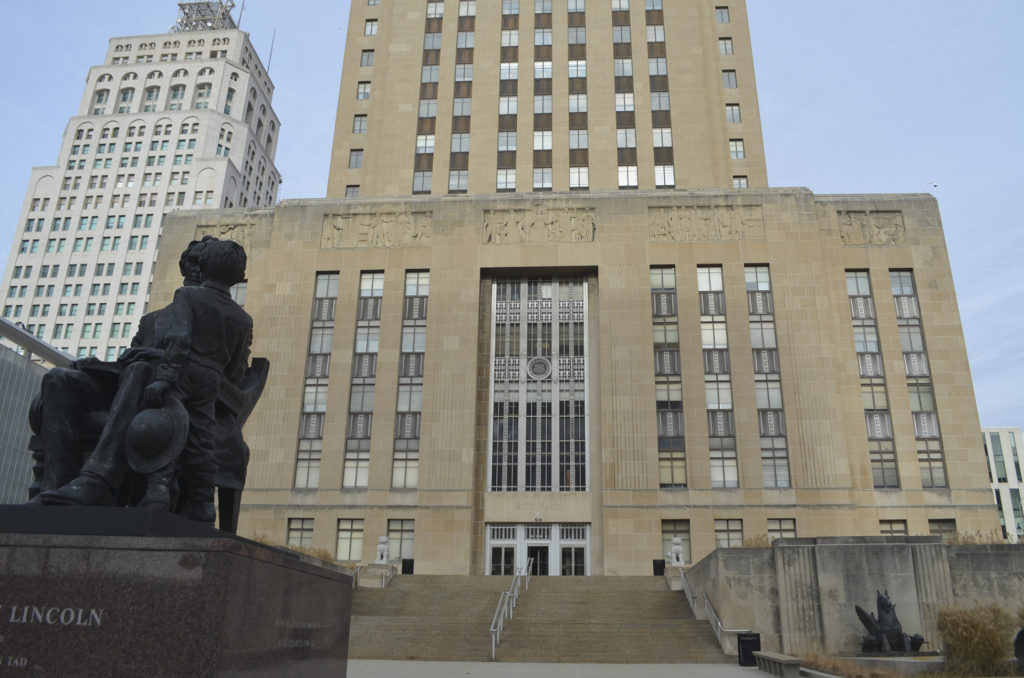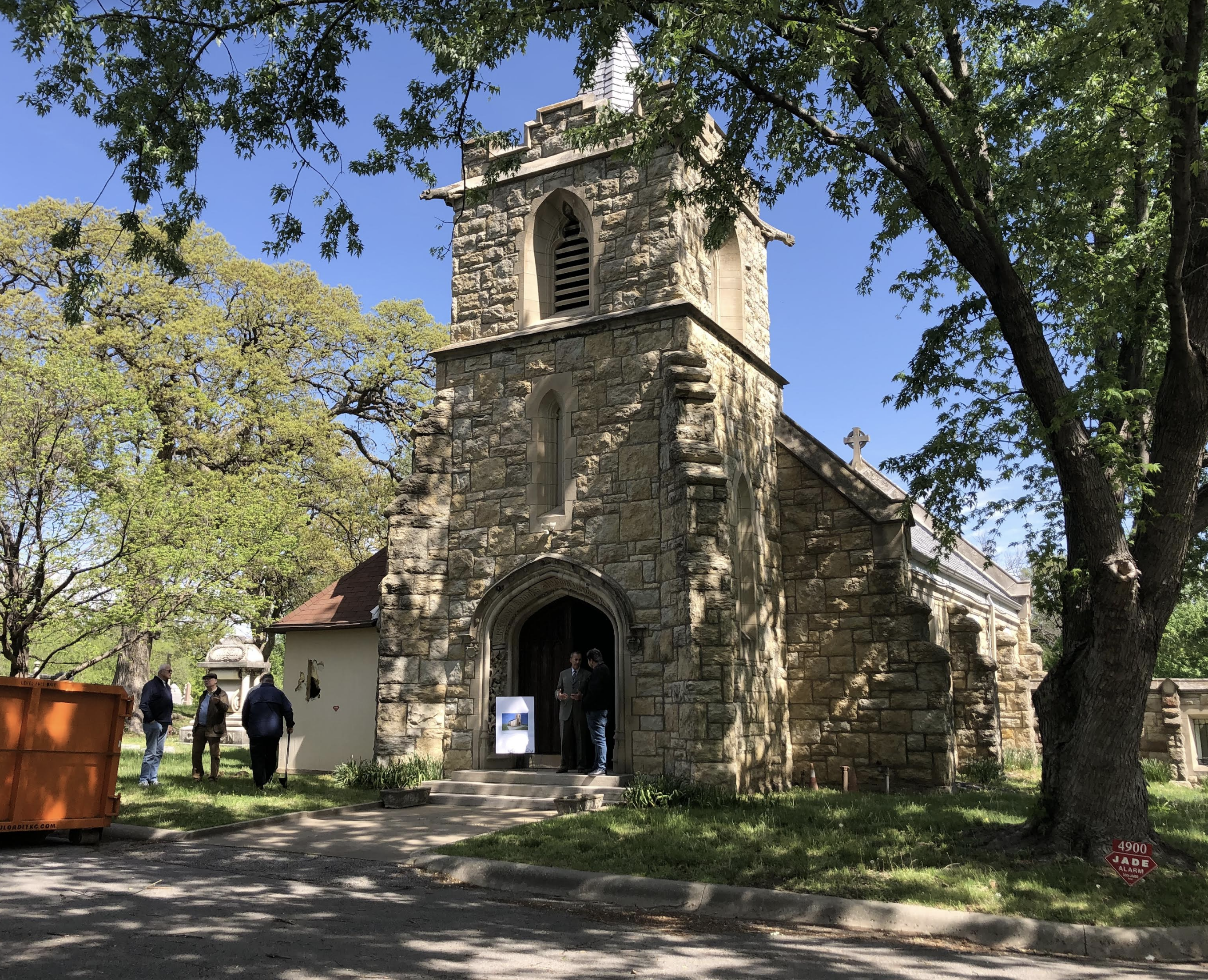Northeast News
Three separate airport ordinances were held for a week by the Kansas City, Missouri City Council on Thursday, August 17, setting up a vital day of decision-making on August 24.
Next Thursday is the Council’s final scheduled legislative meeting before the August 29 deadline to submit ballot language for the November 2017 election. Following a day of debate, the Council voted by a narrow 7-6 margin to hold the trio of airport measures, which include two separate Council ordinances and an initiative petition spearheaded by Greater Kansas City AFL-CIO labor union president Patrick Dujakovich.
Council members Heather Hall, Teresa Loar, Quinton Lucas, Jermaine Reed, Katheryn Shields, Lee Barnes, Jr., and Alissia Canady supported the motion to hold the airport ordinances. Council members Scott Wagner, Dan Fowler, Jolie Justus, Scott Taylor, Kevin McManus and Mayor Sly James voted against the motion.
Among the topics of conversation before the vote was a committee substitute for Ordinance No. 170523 proposed by Councilman Reed, who added language to an ordinance originally proposed by Councilwoman Justus. Reed’s substitute would explicitly reflect that the construction of a new passenger terminal at Kansas City International Airport would not include “the issuance of additional general airport revenue bonds absent prior voter approval of such an issuance.”
Reed – and those who voted in favor of the motion to hold – suggested that by holding the measures, the City Council can use the next week to build unanimity on one incarnation of the airport ballot language.
“I called for unity on behalf of this entire council,” Reed said. “This is bigger than all of us. This is something that we continue to say is going to have a generational impact for years to come.”
Some Council members, however, preferred to vote during the August 17 legislative session. Second District Councilman Dan Fowler suggested that the Council may be too divided to reach a unanimous decision, even with an extra week of debate.
“My pessimism is caused by the fact that we’ve become rancorous at times, and needlessly so,” Fowler said. “I don’t at this point believe that we’ll come to a unanimous conclusion.”
Others, such as 6th District Councilman Kevin McManus and Mayor Sly James, expressed opposition to holding the ordinance because it could have an adverse affect on the work of the selection committee – which is tasked with choosing the best of four proposers to lead construction efforts on a new terminal.
“I don’t want this decision to be held hostage by people who may disagree with the selection committee’s decision on who to select,” James said.
Despite the urging of the Mayor, the majority of the Council voted to hold each airport ordinance until August 24, allowing more time for debate and opening the door for the selection committee to potentially make its final recommendation before the ballot language is finalized.
During the joint Airport and Finance & Governance committee meeting held earlier Thursday morning, City Council received a comparison from KCMO Finance Director Randy Landes and John Green, the chief financial officer of the Aviation Department. The pair discussed the potential debt structures for the airport terminal project.
Green warned that the longer the City delays a decision on how to finance the construction of a new terminal, the greater the risk that there’s an increase in interest rates or inflation.
“There’s a financial cost to delay, which is a concern of the airlines,” Green said.
During the joint committee meeting, the Council received a chart that broke down the financial impact of general airport revenue bonds versus conduit bonds, which could be issued through another body such as the Port Authority. The document contemplates an interest rate of 4.362% for revenue bonds against an interest rate of 4.548% for conduit bonds. In total, the difference in annual debt service between the two interest rates would be roughly $2.1 million, while the total debt service differential would come out to just over $64 million.
The total debt service was estimated at just under $2.1 billion with general airport revenue bonds and roughly $2.16 billion with conduit bonds.
Green added that under any plan, the airlines would be taking on the financial risk.
“The only shock absorber is the airlines,” Green said.
The joint committee also unanimously advanced an initiative petition organized by the AFL-CIO, a labor union that represents more than 38,000 people living in Kansas City, Missouri households. The initiative petition, which garnered roughly 2,300 signatures, calls for private financing of a new single terminal.
“All the organized labor in this city has unanimously approved of this plan,” said petition leader Dujakovich of the private financing proposal. “One of the most important things about the decision you make is that it has to pass through the voters.”
Dujakovich added that the roughly 16,000 jobs created by construction of a new airport are just one reason why the petitioners believe putting the issue on the ballot is important for Kansas Citians.
Jay Hodges, the Director of Western Missouri & Kansas Laborers Employers Cooperation & Education Trust (LECET), told the Northeast News that 1,800 construction jobs would be created by the first phase of construction alone. He added that the economic boost created by the airport project should be appealing to all Kansas City residents, and that the presence of solid jobs could ultimately lead to reduced crime and better schools.
“Everything for me boils down to jobs,” Hodges said.



















